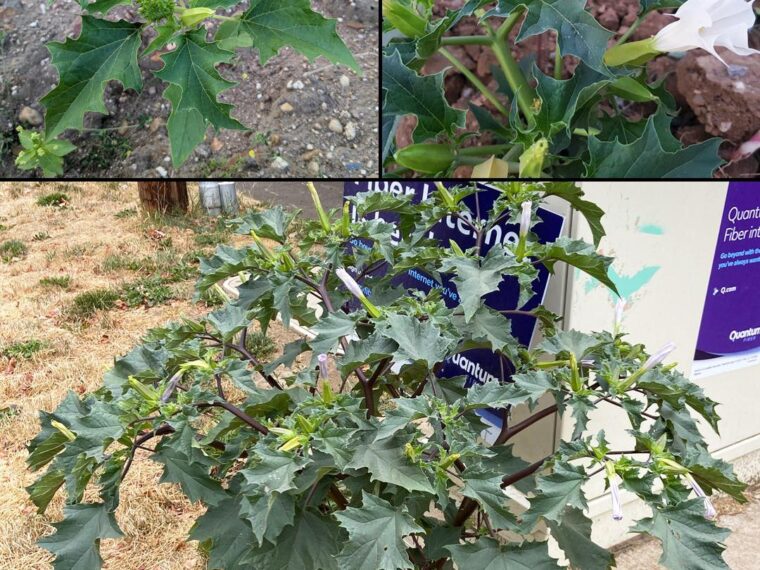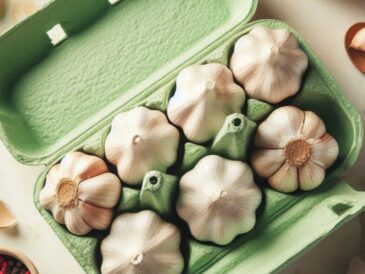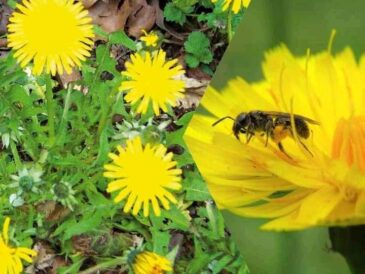Gardens are often considered sanctuaries of beauty, serenity, and nature’s wonders. However, not every plant that adorns our landscapes is as innocent as it appears. One such paradox is the striking yet dangerous Datura stramonium, commonly known as Jimsonweed, Devil’s Trumpet, or Thorn Apple. Its large, trumpet-shaped flowers and spiny seed pods may seem alluring, but this plant harbors deadly toxins that can be harmful, or even fatal, if mishandled.
In this article, we will explore the beauty and danger of Datura stramonium, its botanical characteristics, toxic effects, and how to handle this plant with care to protect yourself and others.
What is Datura Stramonium?
Datura stramonium is a species of the nightshade family (Solanaceae) that thrives in disturbed soils, such as roadsides, agricultural fields, and yes, even gardens. While admired for its large, fragrant, trumpet-shaped flowers that bloom in the evening, this plant is infamous for its toxic properties.
- Common Names: Jimsonweed, Devil’s Trumpet, Thorn Apple, Stinkweed, Devil’s Snare.
- Botanical Family: Solanaceae (Nightshade family).
- Origin: Believed to have originated in Central America but now found in many temperate and tropical regions across the world.
Physical Characteristics
Datura stramonium is an annual herb that grows between 2 and 5 feet tall, with branching, thick stems. Here are its key features:
- Leaves: Large, serrated, and dark green, with a strong, unpleasant odor when crushed.
- Flowers: White or pale purple trumpet-shaped blooms, which open in the evening. Each flower can grow up to 8 inches long and adds an ethereal beauty to the plant.
- Fruits: Spiny, spherical seed pods (about the size of a walnut) contain numerous small, black seeds. When the pod matures, it bursts open, dispersing the seeds.
- Roots: Thick and fibrous, which allows the plant to thrive even in poor soil conditions.
Toxicity: The Danger Beneath the Beauty
Though the flowers and appearance of Datura stramonium may draw gardeners in, every part of the plant—from its seeds to its leaves—is poisonous. It contains potent alkaloids, primarily atropine, scopolamine, and hyoscyamine, which can cause severe poisoning if ingested or even handled in large quantities.
Symptoms of Poisoning
When ingested or absorbed through the skin, these alkaloids interfere with the central nervous system, leading to serious symptoms:
- Mild to Moderate Symptoms:
- Dry mouth
- Dilated pupils
- Blurred vision
- Hallucinations and confusion
- Rapid heartbeat
- Difficulty urinating
- Hyperthermia (increased body temperature)
- Severe Symptoms:
- Seizures
- Loss of consciousness
- Respiratory failure
- Coma
- In extreme cases, death
Symptoms typically appear within 30-60 minutes of exposure and can last for several hours or even days, depending on the dosage.
The Risk of Accidental Poisoning
TO CONTINUE READING THE ARTICLE PLEASE SEE PAGE 2




